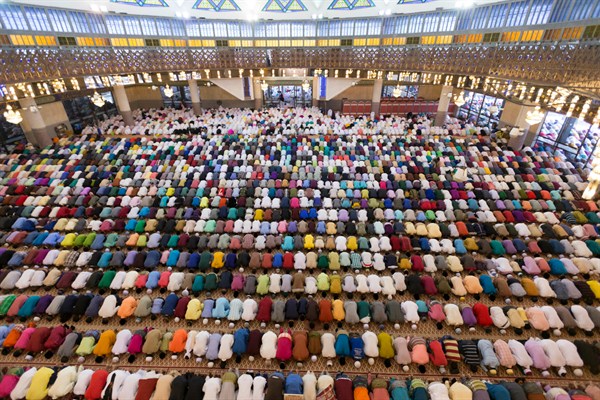During my last visit to Malaysia in February, I met the famed film director Chiu Keng Guan to discuss his fourth and latest movie, “Ola Bola.” It had just come out in local cinemas and was already proving to be such a sensation that one newspaper asked if there was an “Ola Bola overload.” A little misty-eyed perhaps, the film is a fictionalized account of the Malaysian national football team’s qualification for the 1980 Olympic Games, arguably one of the country’s finest sporting milestones, made all the more memorable by the fact that it was achieved by a multiracial, multireligious team.
“Ola Bola is a story about Malaysia,” Chiu told me as we sat on the steps of the decaying Stadium Merdeka, where independence from Britain was announced in 1957. “I wanted to talk about team spirit, how a team of young players went through difficulties, trained together, sweated together, and how they worked as a team.”
Being in Malaysia at the time of the film’s release, it wasn’t difficult to notice that, aside from the nostalgia, people were speaking of it as a piece of social commentary in a country where racial and religious tensions are never far from the surface. One critic surmised, “Ola Bola [has] been able to do for Malaysia what many politicians cannot do—to remind us as a nation and as Malaysians, ‘kita menang sama-sama, kita kalah sama-sama’”: We win together; we lose together. One cannot help but feel the critic’s words were even more pertinent months later when politicians forced the country into yet another existential debate.

